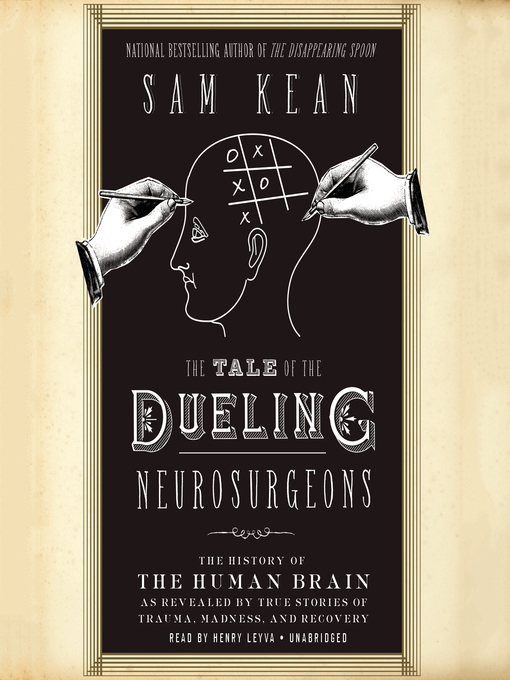
[*For example, the idea that the brain was at all differentiated was initially dismissed as phrenology 2.0. Would you like to know why there were so many lost limbs in the Civil War? You would? Well here’s two pages on the physics of rifles and bullets.”** It has a me-like mix of history (historical color, “how we learned this fact”, and “here’s this obviously stupid alternate explanation and why it looked just as plausible if not more so at the time”*), actual science at just the right level of depth, and fun asides like “a lot of data we’ve been talking in this chapter on phantom limbs about comes from the Civil War. The first thing I actually looked up came 20% of the way into the book, when the author claimed the facial injuries of WWI soldiers inspired the look of the Splicers from BioShock.*Īt this point it may be obvious why I think fans of this blog will really enjoy this book, beyond the fact that I enjoyed it. I jumped straight to learning from it, and do not regret this choice. I know just enough neurobiology and psychology to recognize some of its statements as true without looking them up, and more were consistent enough with what I knew and what good science and good science writing looks like interrogating the book didn’t seem worth the trouble. He feels very strongly that open-faced sandwiches are superior to regular ones.I originally intended The Tale of the Dueling Neurosurgeons for epistemic spot checking, but it didn’t end up feeling necessary.

Right now, he lives in Washington, D.C., where he earned a master's degree in library science that he will probably never use. At night, he sometimes comes down with something called "sleep paralysis," which is the opposite of sleepwalking.

He went to college in Minnesota and studied physics and English. He's a fast reader but a very slow eater. He grew up in South Dakota, which means more to him than it probably should. (un)Official bio: Sam Kean gets called Sean at least once a month. You can follow him via Twitter and read excerpts at.

His work has also been featured on "Radiolab" and NPR's "All Things Considered," among other shows. The Disappearing Spoon was nominated by the Royal Society for one of the top science books of 2010, while The Violinist's Thumb was a finalist for PEN's literary science writing award. His first two books, The Disappearing Spoon and The Violinist's Thumb were national bestsellers, and both were named an Amazon "Top 5" science books of the year. His new book is The Tale of the Dueling Neurosurgeons. Official bio: Sam Kean spent years collecting mercury from broken thermometers as a kid, and now he's a writer in Washington, D.C.


 0 kommentar(er)
0 kommentar(er)
